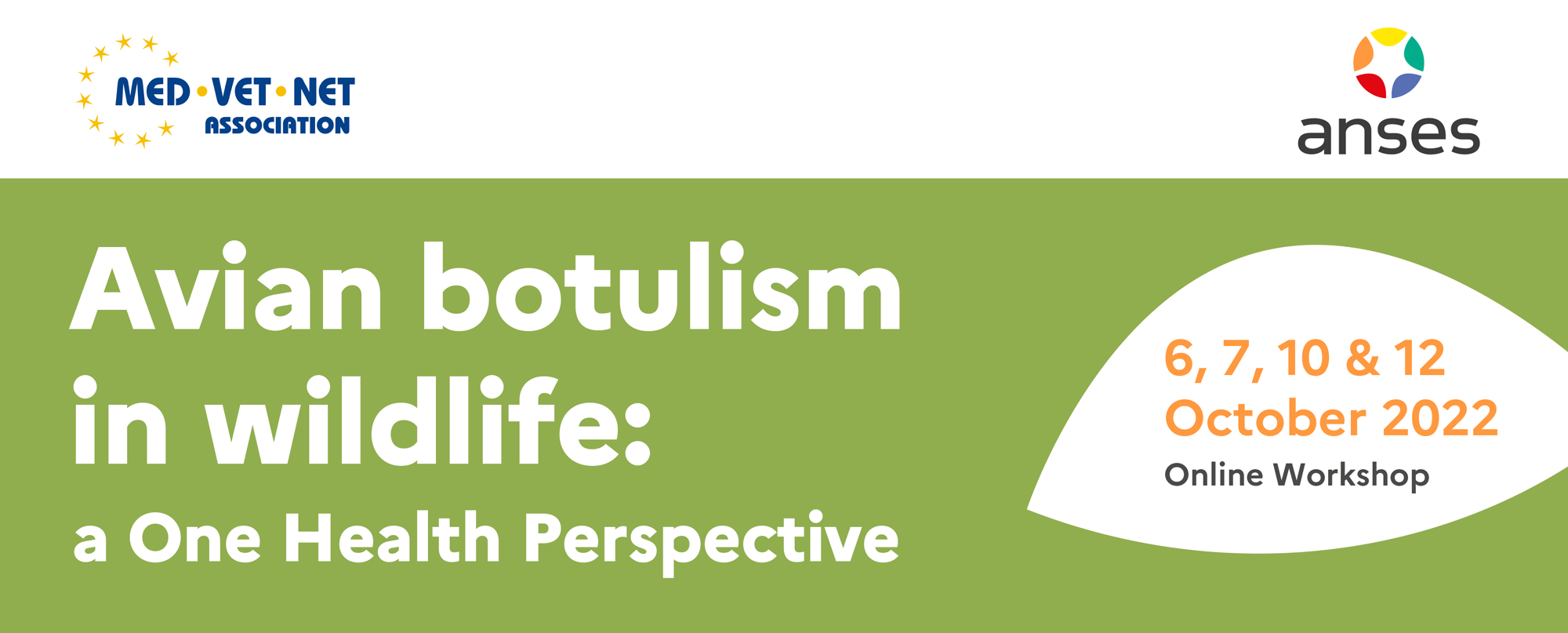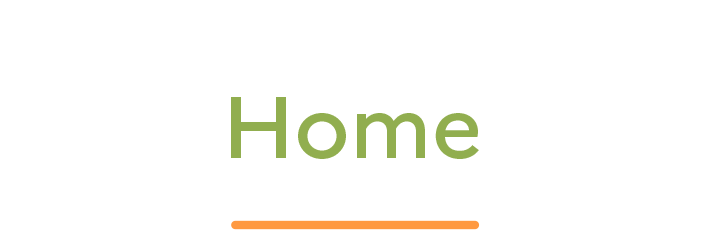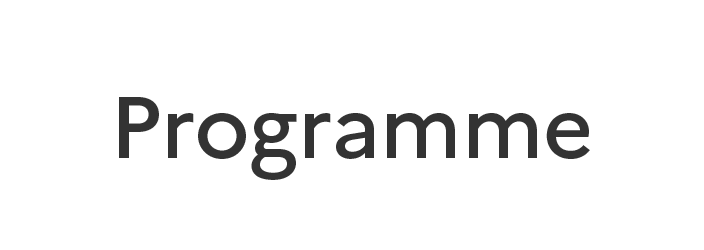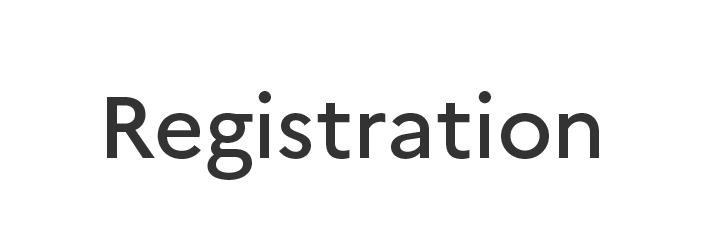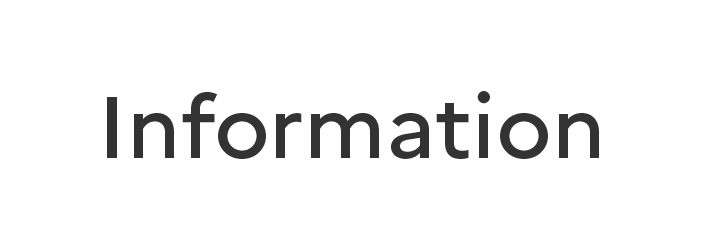Botulism is a neuroparalytic disease affecting both humans and animals worldwide and included in Annex I, Part B, of the list of zoonosis and zoonotic agents (directive 2003/99/EC) and in category A according to the CDC (Centers for Disease Control and Prevention).
Avian botulism is considered to be the main cause of the loss of waterfowl and shorebirds worldwide. The impact of these botulism outbreaks in wildlife on public health, livestock health and wild bird health, as well as on environmental contamination, has been mentioned in some articles but has not been fully explored until now.
The aim of this workshop is to bring together experts and share results and opinions, as well as to discuss the risks associated with botulism outbreaks from a One Health perspective and the potential solutions to manage or prevent outbreaks in wildlife. It will be an opportunity to present an overview of this topic, to highlight priorities for future research programs and to build a shared view.
Four webinar sessions on avian botulism will be held to address the following topics:
• Diagnostic tools and case reports;
• The epidemiology of avian botulism in wild birds in relation with poultry and the environmental contamination;
• The management of avian botulism outbreaks;
• The risks for public health.
A paper will be drafted following the workshop to summarize the presentations and discussions.
After your registration, a call for papers (poster or presentation) is now open.
In order to better understand the current situation regarding botulism in wildlife, a survey will be sent to each
attendee prior to the workshop. |
